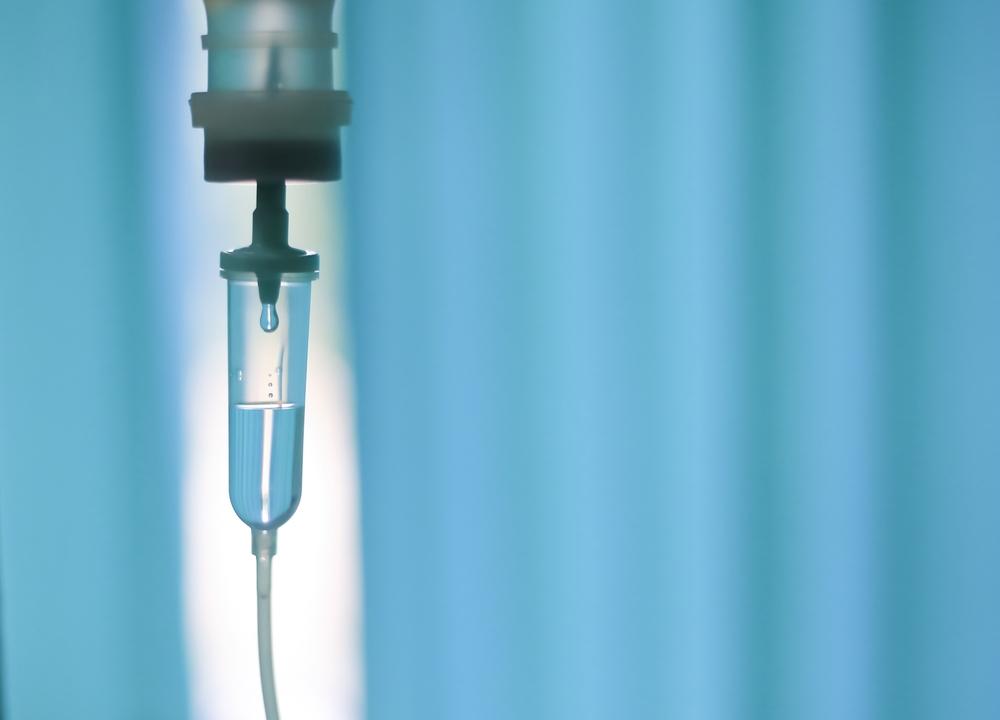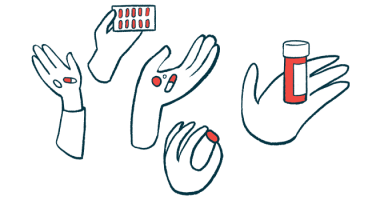Intravenous Delivery of CAP-1002 Shown Effective Ahead of Upcoming HOPE 2 Trial for DMD
by |

The biotechnology company Capricor Therapeutics recently presented data that support the use of its peripheral intravenous delivery method in the upcoming HOPE-2 clinical trial testing the investigational agent CAP-1002 as a potential therapy for Duchenne muscular dystrophy (DMD).
The data were presented during a poster session at the Alliance for Regenerative Medicine’s Cell and Gene Meeting on the Mesa, from Oct. 1-4 in La Jolla, California.
CAP-1002 is a cell therapy based on donor heart tissue. Researchers extract a unique population of cardiac cells from donor tissue that retain their ability to generate other cells. These allogeneic (from a donor) cardiosphere-derived cells (known as CDCs) show potent immunomodulatory and anti-fibrotic activity. They are capable of regulating the immune system’s activity and promoting cellular regeneration.
In their presentation, researchers from Capricor and Cedars-Sinai Medical Center showed that IV infusion of CDCs increased the exercise capacity and functioning of the diaphragm muscle, the major muscle used for respiration, in an animal model of DMD.
The major target organs of the IV administration of CDCs were the lungs, after which cells were cleared within three weeks. The preclinical study was performed with up to 2.5 times the human equivalent dose that will be used in the upcoming HOPE-2 trial.
“These findings lay the groundwork for advancing our clinical development program of cellular therapies for the treatment of DMD,” Linda Marbán, PhD, Capricor’s president and chief executive officer, said in a press release.
“Capricor recently announced positive 6-month results from HOPE-1, a clinical trial in which a single dose of CAP-1002 was delivered directly into the coronary circulation of teens and young men in advanced stages of DMD. The HOPE-2 clinical trial will be the first to use IV administration of CDCs in people with DMD,” Marbán added.
HOPE-1 study results recently were presented at the 22nd Annual International Congress of the World Muscle Society, Oct. 3-7 in St. Malo, France.
The first six months of the study (NCT02485938) showed that boys and young men ages 12 to 25 with advanced DMD experienced significant improvements in their cardiac and upper limb function after a single dose of CAP-1002. The therapy, a total of 75 million cells, was administered into the three main heart vessels.
The HOPE-2 study is a Phase II clinical trial where boys and young men with DMD will be randomly assigned to receive the same dosing of IV CAP-1002 or a placebo.
Capricor expects to start patient enrollment in the first quarter of 2018 after receiving regulatory approval.







